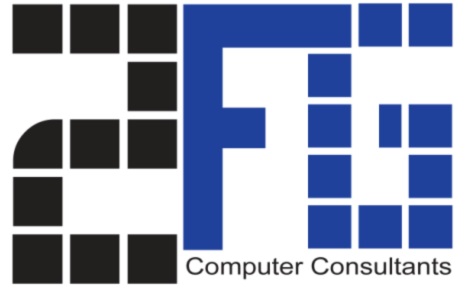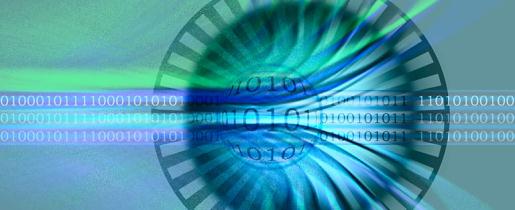 | ||||
 | ||||
2FG Computer Consultants. 303-437-3957 - Help@2fgcomputers.com
Things you can do to boost PC performance
{Excerpts from Justin James (Tech Republic)}
Get rid of malware
New machines shouldn’t have malware on them. But one of the most common causes of the “my PC used to be fast, and now it isn’t!” complaint is actually the presence of malware. Malware can sneak onto a computer in a zillion different ways and quite often it sits in the background slowing your machine. There’s a good chance that the malware brought even more friends with it (that’s often how you see computers with thousands of viruses on them not long after the initial infection), and the infection may be bad enough to justify a wipe and reload.
Address hardware and driver issues
All too often, system slowness is actually a sign of hardware problems. For example, if your CPU isn’t being properly cooled, it will often have its speed reduced in an effort to keep it from overheating. Recoverable errors with disk access can kill your throughput while not showing up as a dead drive. And bad hardware drivers can often make the whole system slow, especially video drivers. Using utilities to check your CPU speed and various temperatures, scanning for hard drive errors, and updating your drivers is a good start to investigating performance problems. Often, problems caused by hardware or drivers are not just poor speeds, but system flakiness too.
Try a different browser
It’s no secret: Different browsers perform differently, and most people spend a lot of time in their Web browser. Benchmarks really muddy the browser speed conversation. Some browsers perform well on some but do badly on others, even when they are supposed to test the same thing. The problem with the benchmarks is that what they usually test is not real work performance! While JavaScript is an important part of the modern Web, few Web applications beat on the JavaScript engine hard enough to produce a noticeable impact on performance. That said, it’s been my experience that the Chrome browser is the fastest for actual work. If you want to have your Web browser feel more responsive and lively, consider a switch to Chrome.
Remove junk
It’s easy to have a computer get loaded up with junk that slows it down. The worst part is, we invite this garbage into our lives by installing “helpful” utilities, toolbars, and other add-ons. Here are some of the things you’ll want to seek out and remove for best performance:
•Automatic update systems for various applications (but be careful: some apps, like Flash, Acrobat, QuickTime, and Web browsers are prime malware targets and you will want to keep these up-to-date)
•Things that run on startup
•Run Disk Cleanup
•Crapware from the PC maker
•Toolbars
•Browser plug-ins (the Skype browser plug-in is an especially bad offender, I’ve found)
•P2P applications
Defrag
Defragging your hard drives is a great way to get some more performance. While modern Windows systems automatically defrag on a regular basis, I’ve found that the Windows defragging is fairly unaggressive. I suggest that you check out your alternatives and find one that does a better job for you.

